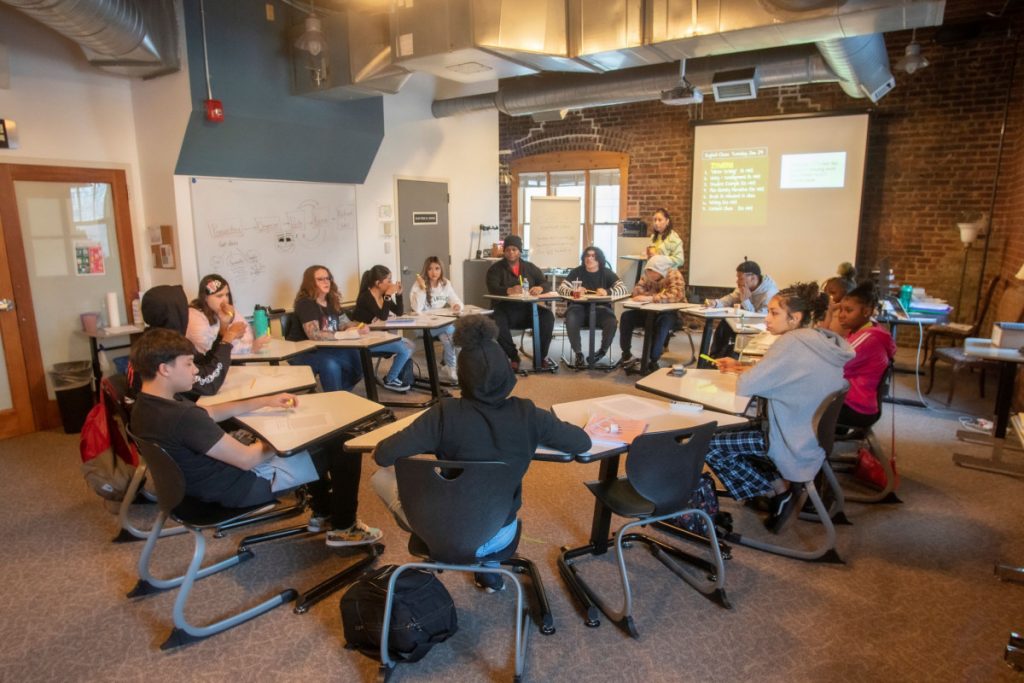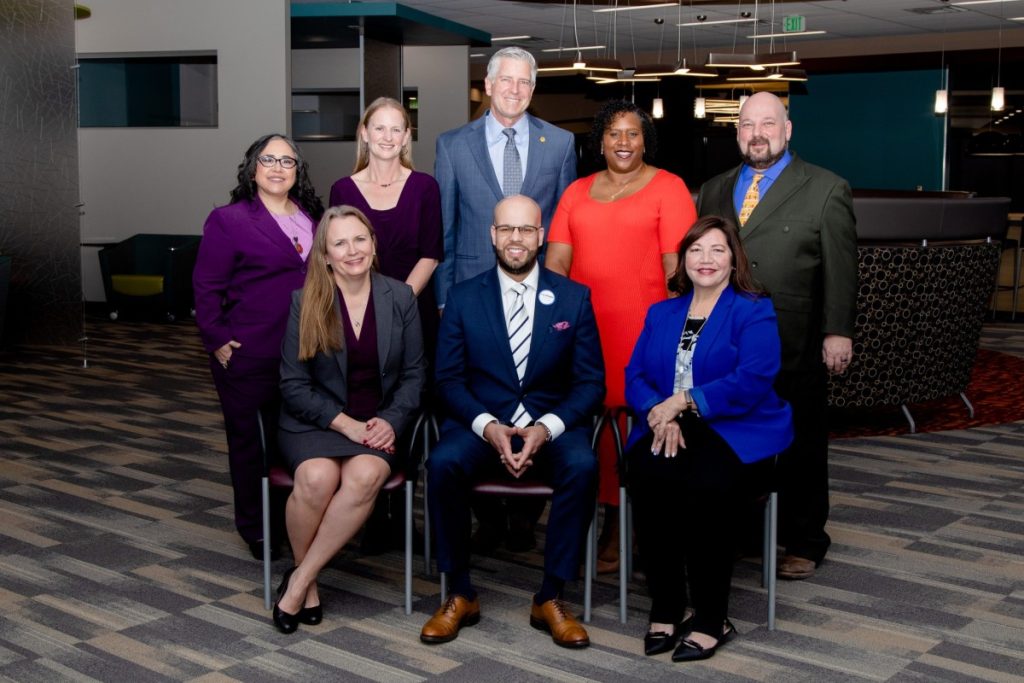We are embarking on a new educational reality across our country, one where transparency, communication, and adaptability will be key to ensuring that all of our children have the opportunity to continue their learning. Across our city, our educators are being challenged to do something they have never done before; parents are being asked to juggle their roles as providers, caretakers, and mental health professionals while learning how to become teachers.
We are not even in school buildings, and yet Denver’s Reimagining SPF Committee is lowering the bar for school performance.
The committee is recommending that Denver Public Schools do away with its own School Performance Framework and instead adopt the State of Colorado’s SPF. That move will effectively lower the bar for acceptable academic performance. Additionally, a move to the state’s SPF would provide fewer data points, and even more test-centered data that ultimately would make understanding progress more challenging.
At a time of national crisis, where we are more acutely aware than ever of privilege, the majority-white committee is eliminating the accountability tool that measures whether all students are getting access to an equitable education.
The current Denver School Performance Framework holds schools accountable for serving ALL students, which is a critical component of pushing the district toward eliminating DPS’s large achievement gap. Currently in DPS 4 out of 10 students of color are meeting college ready benchmarks whereas 8 out of 10 of their white peers are. The proposed recommendations would dilute this measurement of equity.
The DPS School Performance Framework is a tool that was created in 2008 and intended to allow families, policymakers, educators, and the general public to measure academic learning over multiple years and identify the needs of every school in Denver. It serves as a report card for schools, communicating both multi-year successes and challenges that need to be addressed. It also serves as an indicator when identifying needs to allocate additional funding and additional resources for school improvement.
Denver’s SPF has been tweaked year-to-year to incorporate learnings from earlier versions and to better reflect our values as a community. We know that students enter our classrooms at all different levels. As a 6th grade teacher, some of my students were ready for material meant for high school students, and some of my students needed support in identifying basic facts they should have mastered as an early elementary student.
Yet, we as a community and a district said that because the learning and progress of every student is important to us, we committed to valuing growth over proficiency, to a degree. The idea being that whether you are entering one of our classrooms above, on, or below grade level, you would grow; you would make progress forward. As DPS puts it “it’s not where kids start, but how much they grow.”
In the summer of 2019, after widespread critiques of the Denver SPF, DPS announced that it would convene a diverse group of community members to reevaluate the district’s SPF. This would be an opportunity to collectively “reimagine” the tool used to evaluate our schools. After 160 applicants submitted their names to be part of the committee, 30 of us were chosen to work together to improve our ability to understand the needs of our schools.
At a time of national crisis, where we are more acutely aware than ever of privilege, the majority-white committee is eliminating the accountability tool that measures whether all students are getting access to an equitable education.
From the start, this committee has faced significant challenges. A clear effort was made to include multiple stakeholders, and, as a result, the committee consists of parents, community members, teachers, and principals.
While I applaud the effort, one continuous and unaddressed challenge stemming from this necessary diversity of voice is the major experience gap among those groups. Since the conversation during the committee meetings has been largely technical in nature, additional work needed to be done to deeply engage with the potential options.
The committee spent many hours deliberating about the need for a holistic approach to school evaluation only to recommend a tool that is even more test-centric than the tool we currently have. Many committee members are saying they want more holistic measures of school health, yet they are pushing to adopt a tool that actually places more weight on standardized test scores than the DPS version of the SPF.
This, in turn, favors whiter, wealthier populations over low-income communities of color. Additionally, a move to the state system would make it harder both to identify places of innovation and success whose wisdom should be shared, and would leave entire communities underserved without identifying much needed areas of intervention that highlight opportunities to create change.
This committee is making it harder for members of the public to get critical academic data that they rely on to understand what is happening inside our schools. Committee members are asking you to trust that the system is working for the success of your student and then hiding the evidence that would prove it.
Making this move from the Denver SPF to the Colorado SPF will ensure that when school resumes after the coronavirus interruption, we won’t know where we stand. We won’t know how many of our students have thrived while being at home learning with their families, which means that we won’t be able to learn how to create that healthy learning environment for others.
We won’t know how large the opportunity gaps have grown or how many kids we allowed to fall through the cracks. We won’t be able to identify which schools are making that critical catch-up or keep-up progress. Changing to the Colorado SPF now will mean that we won’t know how many students we have failed. We will return to business as usual in a world where your zip code determines your opportunity to access your dreams.
And who does that serve?




